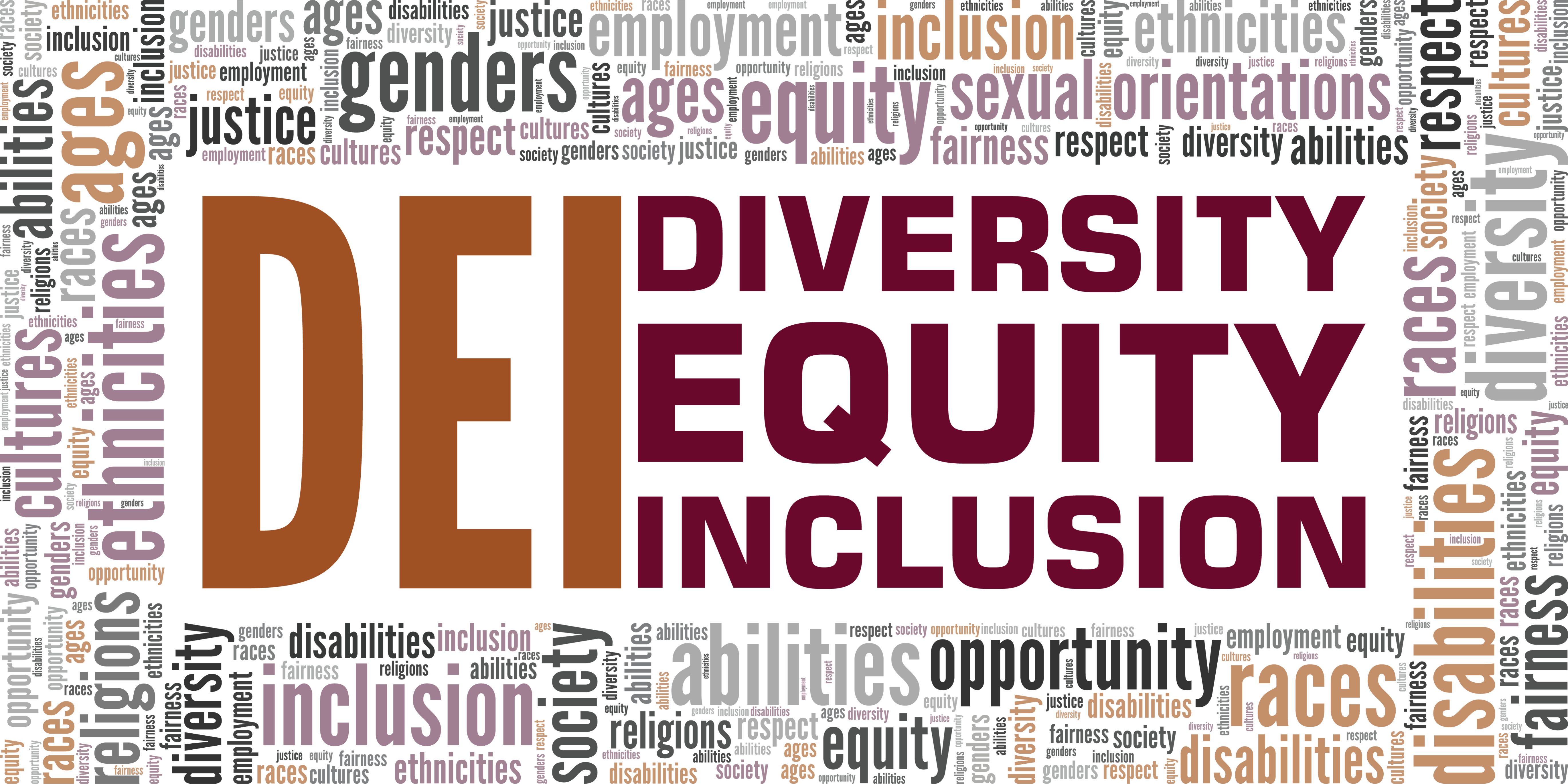The increasing prevalence and sophistication of artificial intelligence (AI) has been the subject of a great deal of news recently. Certain types of AI are already in use in our personal lives, such as facial recognition for mobile devices and online customer support chats and voice assistants. From a business perspective, companies looking to leverage this technology must do so strategically and with great care, as there are regulatory, intellectual property, privacy, and other legal challenges to consider, as well as industry-specific risks and challenges. Our attorneys can help you navigate this important and quickly evolving terrain with our understanding of artificial intelligence law.
HOW BUSINESSES ARE USING AI
Some commons ways businesses are already using AI include:
- CONTRACTS – AI can help improve efficiency when it comes to contract management, drawing from a library of templates and clauses, comparing previous versions, eliminating errors, and creating an audit trail to show changes
- INTELLECTUAL PROPERTY – depending on what services or products you offer, AI may be baked into your innovation processes
- Customer data and service – along with trends and data analysis, marketing departments often rely on AI to help BUILD AND UNDERSTAND THE CUSTOMER JOURNEY, tracking the many ways people can interact with your brand; virtual bots are often the first point of contact for website visitors
- EMPLOYMENT/HR – especially amidst high turnover during the pandemic, HR teams benefit from AI tools to help rank and score candidate resumes, as well as predict talent needs and growth opportunities
- Media – especially on social platforms, businesses may use AI for monitoring responses, generating social ads, and suggesting content based on user interaction and sentiments
- INTERNATIONAL BUSINESS – for companies looking to expand globally, AI can help reduce overhead costs especially from importing and exporting good and decreasing cybersecurity risks
The benefits of AI are apparent. Businesses can utilize AI to streamline processes, reduce manpower, and inform business strategies. Several service-driven business sectors like marketing, IT, finance and healthcare are embracing AI to help enhance their capabilities. While some employees and workers in these sectors find AI threatening, more often than not, it presents an opportunity for humans to harness the power of AI in a collaborative manner. Utilization of a tool as powerful as AI can raise several important legal questions, though.

UNDERSTANDING ARTIFICIAL INTELLIGENCE LAW
If your business utilizes AI, you should also seek to understand its risks and legal implications. Some considerations include:
- Trust and accountability – when a human inside a corporation commits fraud or embezzlement, they are criminally charged for decisions they made and action they took; when an AI-powered system is responsible for similar activities, where does the liability fall?
- Governance – just as AI is still evolving, so are governance policies regarding how to monitor and control its activities; truly understanding the AI your company is adopting will help ensure your ability to govern it from DEVELOPMENT TO DEPLOYMENT, especially as ISO standards for AI are still under development
- Compliance – human interactions are at the root of AI training and algorithms can fail; a UNIVERSITY OF WASHINGTON STUDY underscores the need to regularly validate AI models through ongoing monitoring and analysis of outcomes to help ensure consumer protections remain in place
Ethics is at the heart of each of these areas. As our society continues to learn about and embrace AI, there is concern about how the respect of human values is or is not embedded within the algorithms of a machine. Beyond that, how these ethics and values play out in the decisions and actions of AI systems is still being studied.
When it comes to artificial intelligence law, it’s important that businesses utilizing these technologies be able to demonstrate through documentation how they integrated AI into various business procedures, as well as maintain and follow policies that monitor use. While there isn’t much legal precedent, the Federal Trade Commission (FTC) did publish guidelines in 2020 regarding how AI is used when it comes to consumers:
- Be transparent
- Explain your decision to the consumer
- Ensure that your decisions are fair
- Ensure that your data and models are robust and empirically sound
- Hold yourself accountable for compliance, ethics, fairness, and nondiscrimination
For businesses using AI in a production setting like manufacturing, liability has come into question a few times when an accident happens on the floor or a product is made incorrectly. Who is responsible? The creator of the AI (licensor)? The company who installed the AI (licensee)? Or the robot itself? The outcome will be determined by the ability to show where the defect in the AI occurred – at installation (licensor is liable) or through modification that caused damages (licensee is more likely liable). The robot itself is not liable – the humans who created it and used it are. Whereas intent plays a role in a court of law, whether or not AI has intent is still debated.
AI is a helpful technology that can be successfully implemented by a company when properly harnessed by humans. With the growing adoption of artificial intelligence, there are also growing legal liabilities. At the end of the day, the onus is on those who create, install, and use the technology.
At FLB, we have been here growing alongside our clients for 35 years. Our attorneys are here to help our clients using or considering AI ensure best practices and legal protections are in place. While we embrace new technologies, we pride ourselves on practicing law with a human touch.










